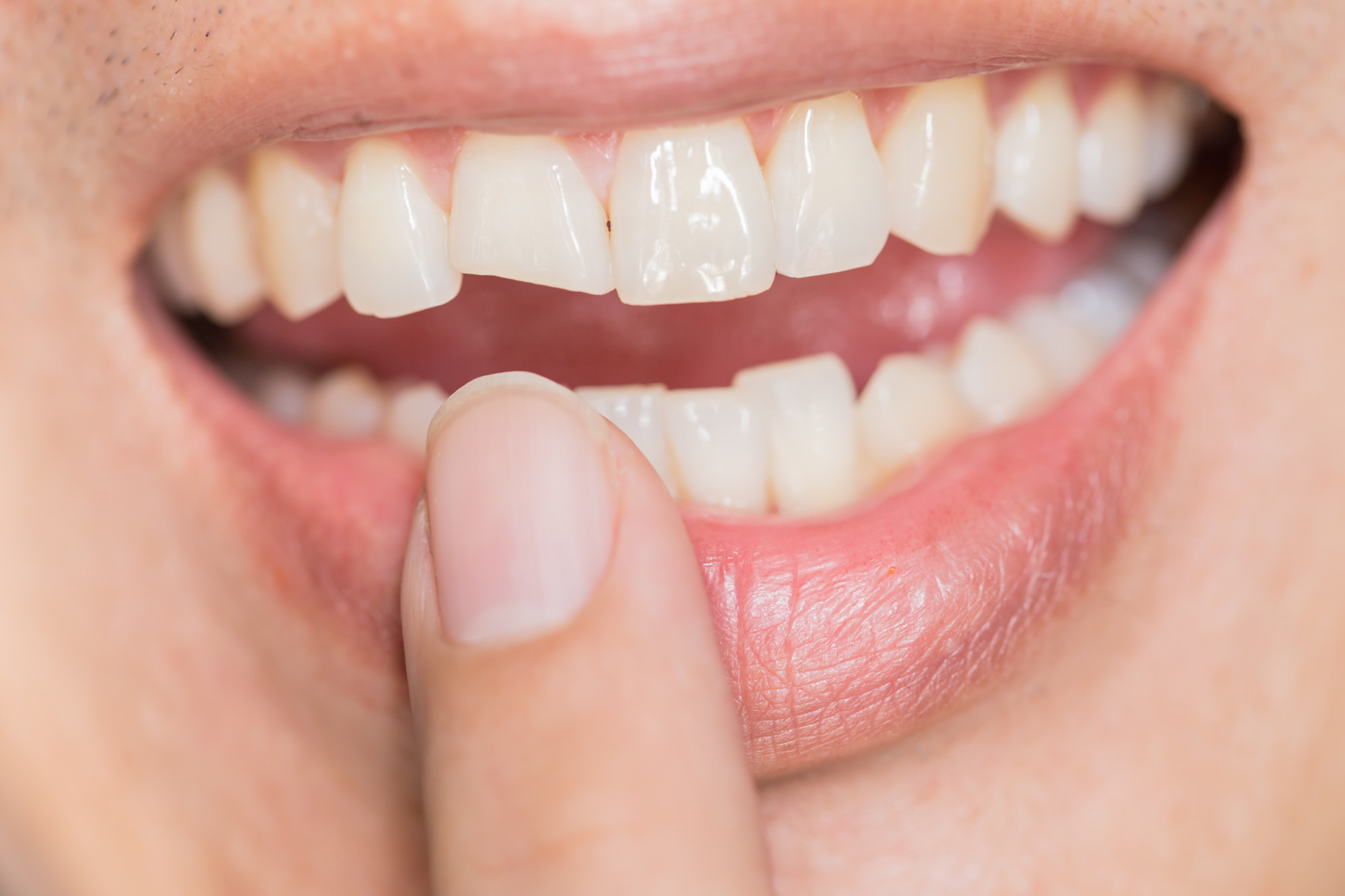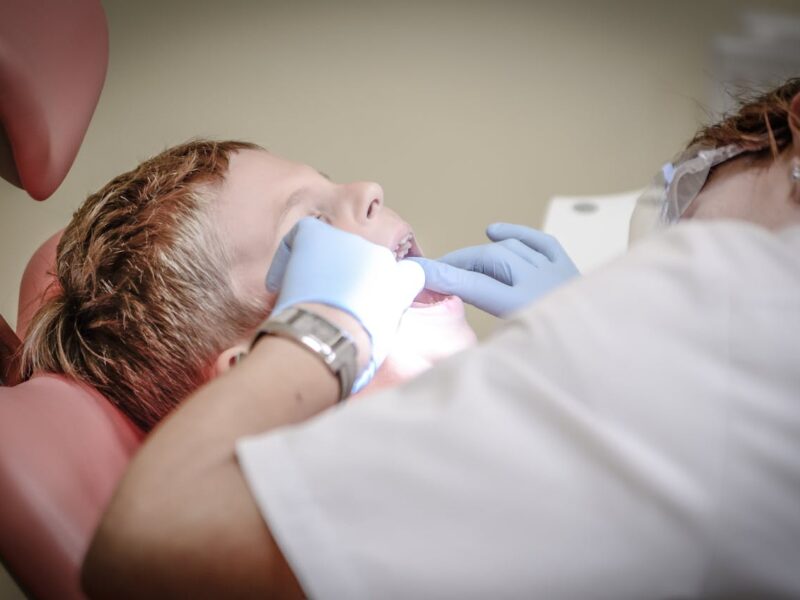Are you wondering what to do if you have a slightly chipped tooth? If so, you’re in the right place.
Whether you fell and hit your chin or had some sort of accident, chipped teeth aren’t uncommon. In fact, they occur a lot more frequently than many people think they do.
If you have a chipped tooth that isn’t super bad, you may just need a trip to your dentist to repair it. For more serious issues, though, you may need to visit the emergency room.
Either way, there are some steps you can take before making your way to a dentist’s office. Keep reading to learn more about this.
Contents
Assess the Extent of the Chip
In terms of aesthetics, it is important to assess the size of the chip and its location. Depending on the size of the chip, aesthetic concerns will vary. If the chip affects the front of your tooth, there are cosmetic procedures such as bonding and veneers that can be used to repair the tooth and improve its appearance.
If the chip does not affect the front of your tooth, there may be less of a need to intervene. From a functional standpoint, it is important to evaluate the severity of the chip, as some chips may affect the ability to chew food properly. If the chip is severe, a dentist may recommend filing down the tooth or other procedures to restore the tooth’s shape and function.
Visit a Dentist
They can leave many feeling self-conscious and cause a great deal of pain and make it difficult to eat. The best solution to slightly chipped teeth is to visit a dentist. Dental services can assess the damage to the tooth and recommend the best course of action for repairing it.
Depending on the extent of the damage, a dentist may be able to fill the damaged area and make it look natural, or if too much of the tooth is lost, a crown may be placed over the affected area. To ensure a natural-looking, healthy, and beautiful smile, visit this comprehensive smile makeover service and the range of available treatments.
Dental X-Rays
If a patient has a slightly chipped tooth, obtaining a dental X-ray to diagnose the chip is important. The dental X-ray will determine the severity of the chip and the extent to which it may have caused additional unseen damage. The patient’s dentist may recommend a filling to repair the chip or a crown to restore the broken portion and disguise the damage.
Dental Bonding
During the process, a dentist applies dental adhesive to the chipped tooth and then puts a tooth-colored composite resin material on top. The composite material is hardened with a special light, which helps mold it into the desired shape. The material blends in perfectly with the other teeth, making it look almost like natural enamel.
The procedure is relatively fast and painless, taking only 15 to 20 minutes to complete. Depending on your specific case, the dentist might also recommend wearing a dental crown for further protection.
Dental Veneers
Dental veneers are thin shells of porcelain or composite material that are permanently bonded to the surface of a tooth. This type of dental restoration provides an aesthetically pleasing cosmetic solution for slight chips and other misalignments. Applying dental veneers is less invasive than other tooth repair methods, such as inlays.
Those who choose dental veneers should consult their dentist to ensure they are properly fitted and bonded to the tooth. It is important to note that the veneers must be regularly maintained since the material they are made of is not as durable as natural enamel.
Dental Crowns
A dental crown is a covering placed over a damaged or decayed tooth to strengthen and protect it. If the chip is more than just a small cosmetic issue, a crown may be necessary to restore the function and structural integrity of the tooth. Crowns can also be used to cover:
- a tooth stigma
- fill large cavities
- even replace a missing tooth
Dental crowns are custom-made to fit your mouth and the natural color of your other teeth, making them virtually indistinguishable from your natural teeth.
Enamel Reshaping
It is often performed when a tooth has suffered minor chipping. The procedure involves shaving off the chipped part of the tooth, then reshaping the tooth and smoothing out any rough spots. This prevents further damage and gives the tooth a more attractive appearance. The process is painless and non-invasive.
Enamel reshaping can usually be done in a single visit, allowing patients to get their smile back without turning to more drastic procedures.
Root Canal Treatment
During a root canal, a dentist or endodontist uses special instruments to remove any damaged or diseased material from the tooth surface. This can help to remove pain, decay, or discoloration caused by a chipped tooth. Afterward, the dentist may place a porcelain crown to protect the tooth further and restore it to a more natural appearance.
Besides root canals, it is also possible to opt for cosmetic bonding treatment. This solution is less expensive and involves the dentist using a composite material to restore the chipped tooth to its original shape.
Monitor for Infection
If the chipped tooth is not causing pain, then no special action is necessary. However, it is important to monitor for signs of infection or evolving problems. Check the area around the chipped tooth at least once daily for swelling, pain, or discoloration. If any of these symptoms occur, contact a dentist to get the tooth looked at.
Maintain Good Oral Hygiene
If you have a slightly chipped tooth, taking good care of your teeth and gums is important to prevent further damage. Brush and floss your teeth twice daily. Use a type of toothbrush with soft bristles and toothpaste formulated for your particular type of chipped tooth.
If the chip is causing pain or is causing a risk of further damage, your dentist can fill the chip with composite resin or a porcelain cap.
The Bottom Line: Slightly Chipped Tooth
A slightly chipped tooth can be treated in many ways. Consult with your dentist to decide on your case’s best course of action. Remember that taking good care of your dental health can help to prevent future complications.
Brush twice daily, floss regularly, and set up regular check-ups to get the most out of your smile. Call your dentist today and get started on a healthier mouth!
If you want more great advice on all things, check out our blog posts.



